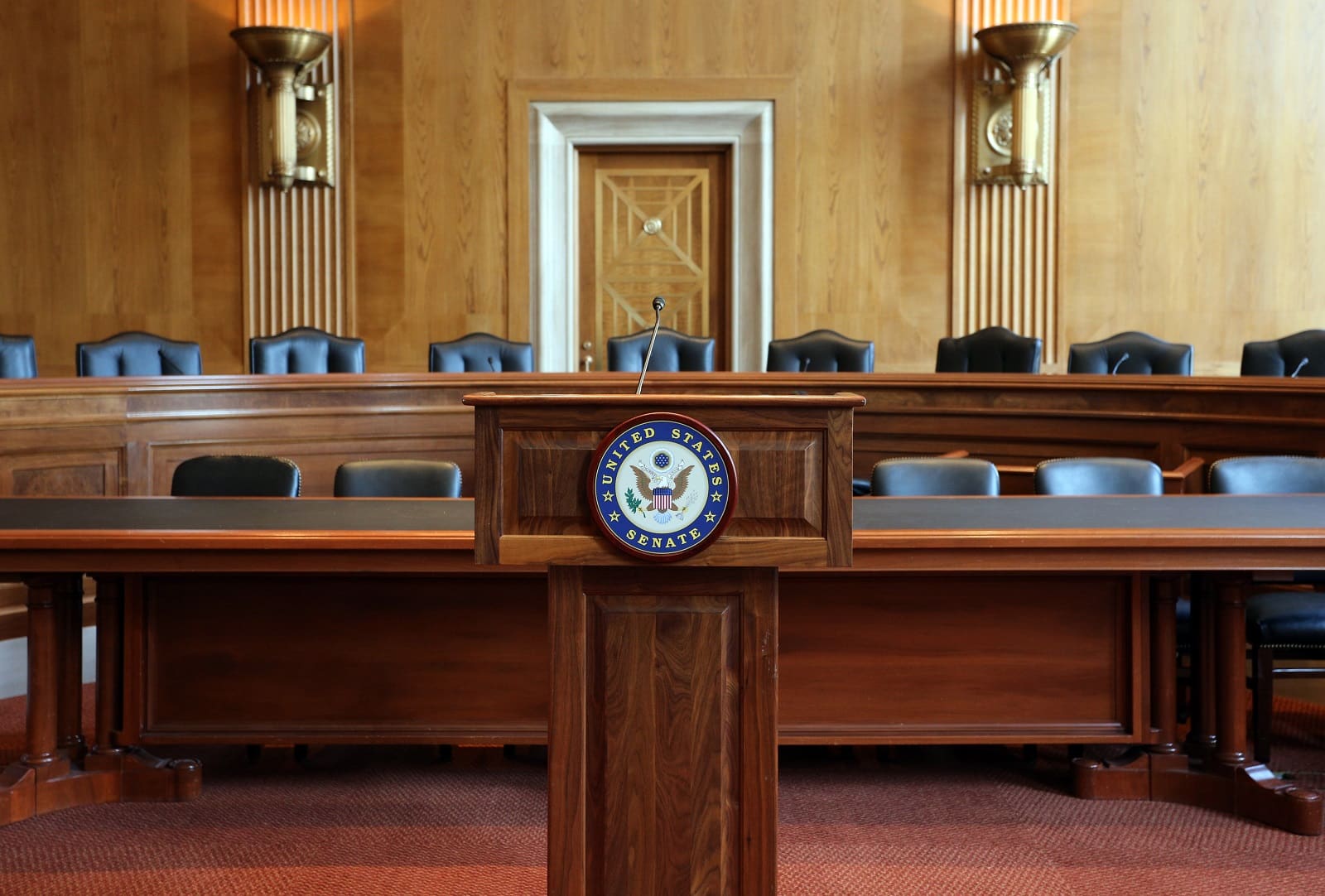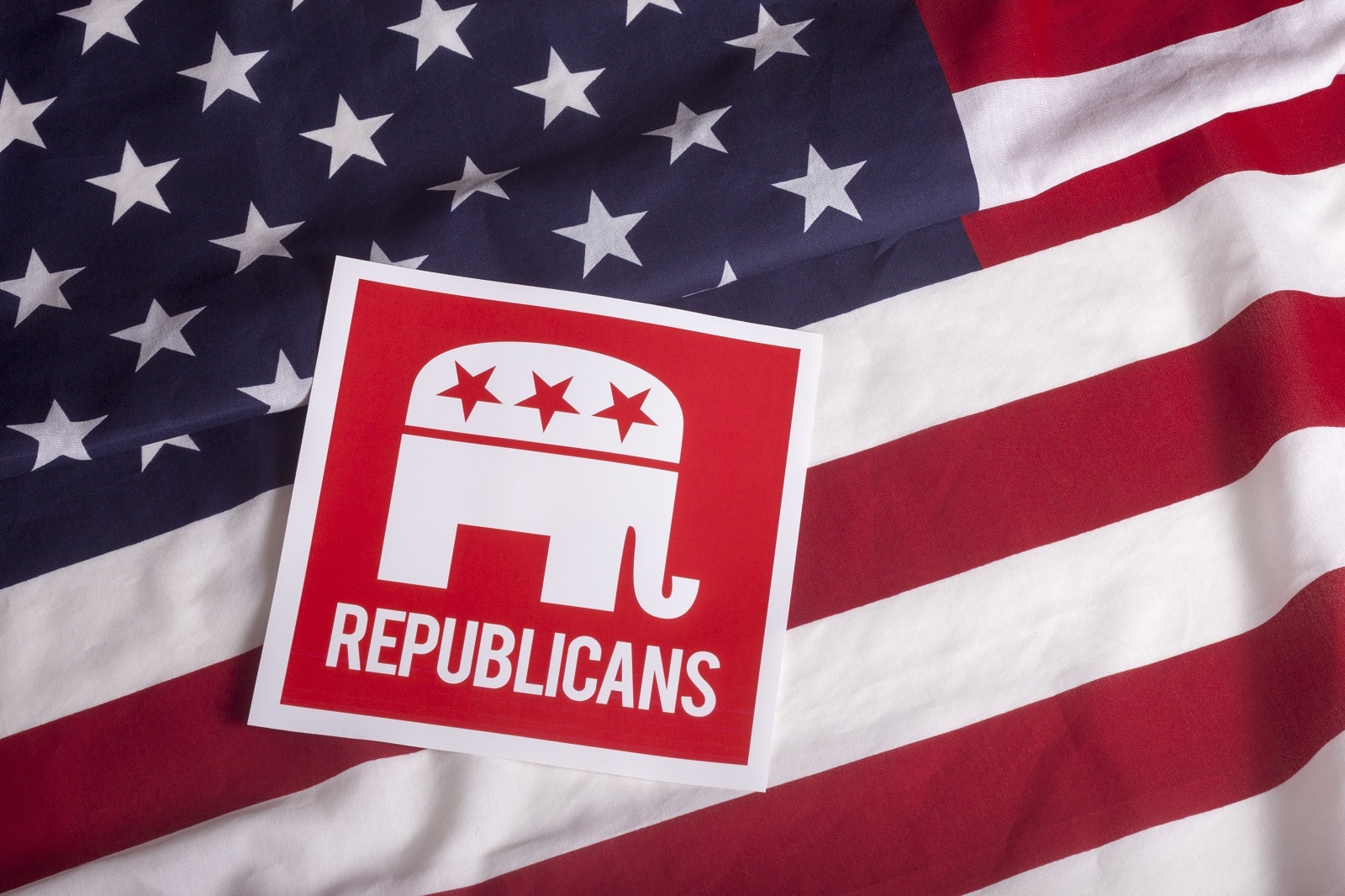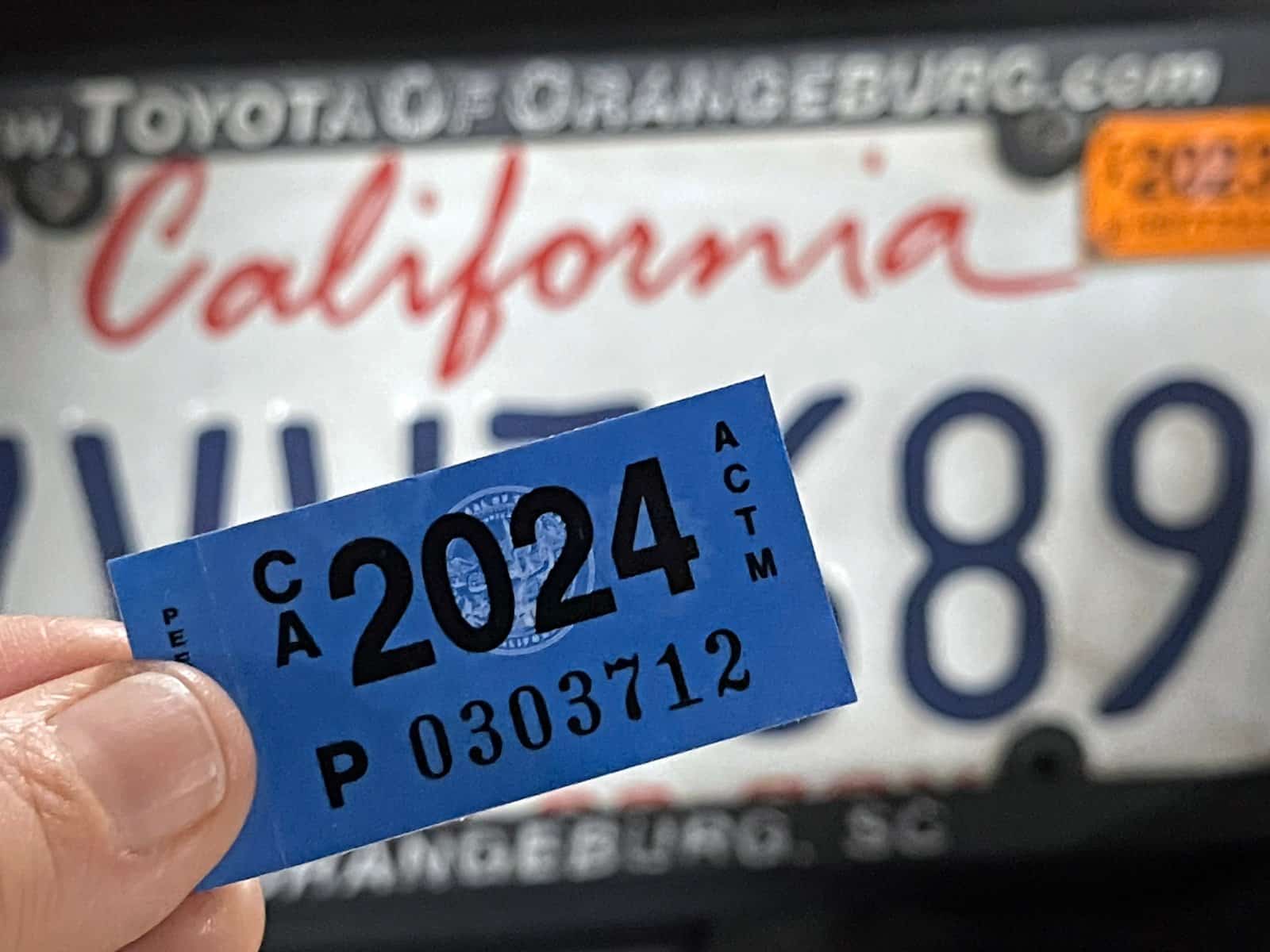Japanese steelmaker Nippon Steel has announced its acquisition of U.S. Steel Corp. in a monumental $14.9 billion deal. However, members of both political parties have criticized the move as a threat to national security.
Nippon Steel’s Major Move

Nippon Steel is set to pay $55 per share in cash for the acquisition of U.S. Steel, assuming all existing debts. The offer, representing a 40-percent premium to U.S. Steel’s closing stock price, has already seen U.S. Steel’s stocks rise by 25 percent.
Factors Driving the Acquisition

Currently, there’s a high domestic demand for steel. Nippon Steel is the world’s fourth-largest steel producer and explained its plans in a statement.
Targeting U.S. Cheap Energy

“Energy and manufacturing industries [will] return to the U.S. under changes in the world economy structure and cheap energy in the U.S.,” Nippon Steel said in a statement.
Nippon Steel Optimistic

“The infrastructure bill and spending are expected to drive steel demand uptick moving forward,” the statement continued, showing Nippon Steel’s optimism behind the huge deal, but on the U.S. side, there are major concerns.
Concerns and Backlash

Lawmakers from both parties expressed concerns over the acquisition, with Republican senators urging the Committee on Foreign Investment in the United States (CFIUS) to block the deal.
Calls To Block The Move

“[CFIUS] can and should block the acquisition of U.S. Steel by NSC,” said Senators Vance, Rubio and Hawley, before calling Nippon Steel “a company whose allegiances clearly lie with a foreign state and whose record in the United States is deeply flawed.”
Three Reasons to Block

They argue that the acquisition may threaten national security, shift jobs, and undermine U.S. industrial capacity.
Senators and Democrats Speak Out

Democrats, including Sen. Joe Manchin, Sen. Sherrod Brown, and Sen. Bob Casey, have called the deal, “a major blow to the American steel industry.”
“Direct Threat” to America

They also claim that it’s, “a direct threat to our national security. We must be doing everything we can to prevent any further deterioration of American ownership,” said Manchin.
Job Losses A Possibility

Union leaders, including the United Steelworkers, voiced their concerns over the deal because of violations of partnership agreements and huge potential job losses.
No Union Members Present at Meeting

Senate Banking Committee Chair Sherrod Brown criticized the lack of inclusion of union employees in decision-making, “Nippon and U.S. Steel have insulted American steelworkers by refusing to give them a seat at the table and raised grave concerns about their commitment to the future of the American steel industry.” - Sen. Sherrod Brown (D-Ohio)
Union’s Call for Closer Examination

The United Steelworkers union called the deal a violation of their agreement with management and urged government regulators to scrutinize the acquisition closely.
President of Union Speaks Out

The President of the union stressed that “We … will strongly urge government regulators to carefully scrutinize this acquisition and determine if the proposed transaction serves the national security interests of the United States and benefits workers.”
Nippon Steel’s Purchase Plan

The deal means U.S. Steel will become an unlisted company and a wholly owned subsidiary of NSC’s North American division. The finalization of the deal is expected in the second or third quarter of 2024, contingent upon shareholder and regulatory approval.
Sen. Bob Casey’s Concerns

“I’m concerned about what this means for the Steelworkers and the good union jobs that have supported Pennsylvania families for generations, for the long-term investment in the Commonwealth, and for American industrial leadership,” said Senator Bob Casey.
Senator’s Opposition

Republican senators argued that the deal prioritizes shareholder returns over broader economic implications, “The transaction was not the product of careful deliberation over stakeholder interests, but rather the result of an auction to maximize shareholder returns,” they said in a joint statement.
Concerns about Eroding American Ownership

Democrats worry about the erosion of American ownership in a vital industry. Sen. Dick Durbin expressed deep concerns, “We have U.S. Steel facilities in Illinois, and we’ve been troubled by their announcements over the past several years of reducing production. There’s something fundamentally troubling about this situation.”
The Biden Administration’s Views

National security adviser Jake Sullivan stressed the need for a strategic industrial policy at home, “Through our trilateral coordination with Japan and Korea, we are coordinating on our industrial strategies to complement one another and avert a race-to-the-bottom by all competing for the same targets.”
Estimates by World Steel Association

According to estimates by the World Steel Association industry group, the total production capacity of the combined entity would be nearly 59 million metric tons, pushing it up to the No. 3 position of global steel producers.
23 Steep Taxes Adding to California Residents’ Burden

California: a place of sunshine, innovation, and, unfortunately, some of the nation’s highest taxes. From LA’s beaches to Silicon Valley’s tech hubs, residents grapple with a maze of state taxes. Here’s a glance at 23 taxes that might surprise both Californians and outsiders. 23 Steep Taxes Adding to California Residents’ Burden
Cash in on Nostalgia: 21 Toys Now Worth a Fortune

Time to dust off the boxes and find that once-cherished toy from your childhood. For collectors and enthusiasts, they items have become valued objects and they can be worth big bucks – are there any of these in your attic? Cash in on Nostalgia: 21 Toys Now Worth a Fortune
Millennials Don’t Buy These 19 Products Anymore

Millennials are changing consumer habits, quietly replacing once-staple products and traditions. Often criticized for their disruptive preferences, this generation is reshaping the marketplace with digital expertise, ethical buying, and a taste for the unconventional. Millennials Don’t Buy These 19 Products Anymore
Featured Image Credit: Shutterstock / yu_photo.
The content of this article is for informational purposes only and does not constitute or replace professional financial advice.
